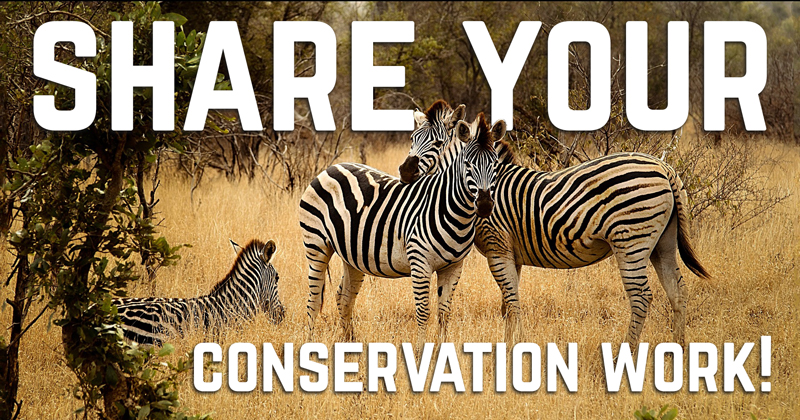
ATCF CONSERVATION STORIES
Stories of Collective Action in Conservation
Project Update: ATCF Grant Funds Trail Maintenance in the Cochamó Valley
Friends of Cochamo received a $10,000 grant from ATCF in 2020. JB Haab, program director of the Front Range Climbing Stewards and member of the board of Friends of Cochamo, gave us an update on the “From Horse Guides to Conservation Stewards, Chile” project.
The Whales of Guerrero - Project Update
An update from The Whales of Guerrero, one of our 2021 Grant Winners. “Now that we know we can launch at least one land-based survey thanks to ATCF support, we have sprung into action! We dream of running 6 sites simultaneously and involving the whole community in the creation of a mother/calf humpback whale sanctuary in Guerrero.”
$26,000 Awarded from Fund a Ranger Campaign
We did it! Last month we launched our Fund a Ranger campaign and with your help, in just four short weeks, we raised over $26,000! These funds will be going directly to three organizations around the world, including Kenya, Belize, and Namibia, to get rangers back into the wild protecting our world’s most valuable species.











